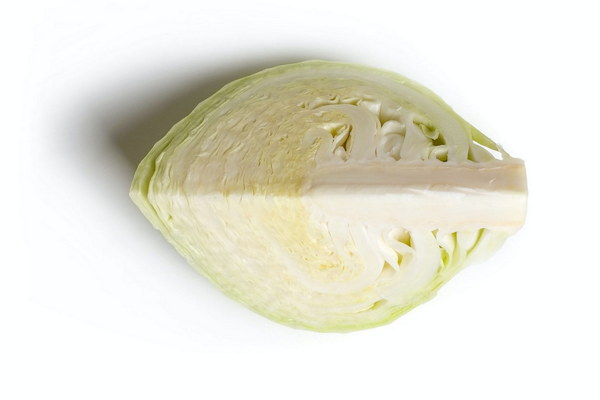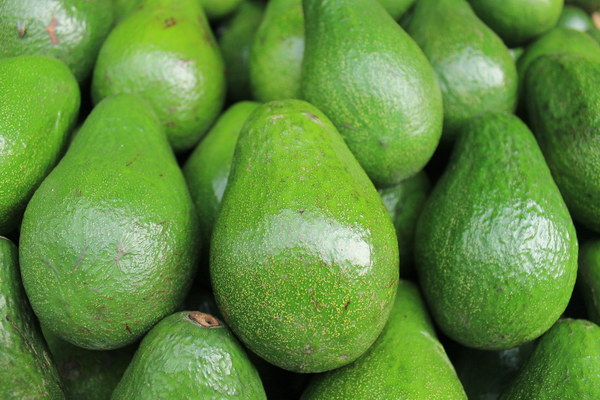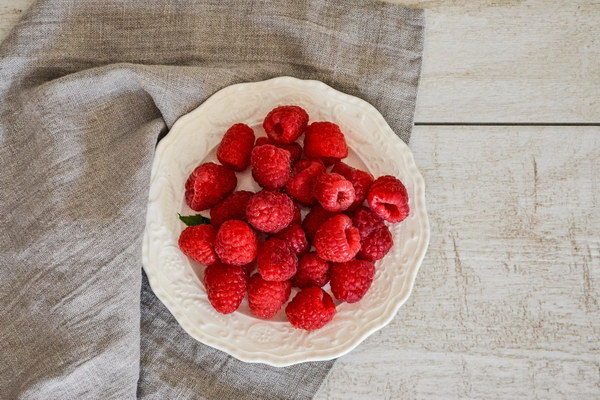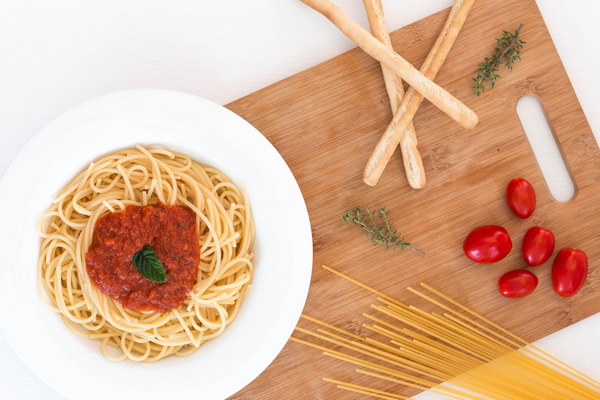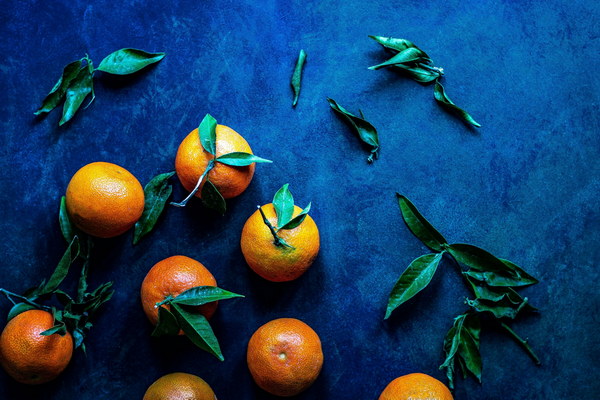Natural Harmony Exploring Traditional Chinese Herbs for Liver Health Qinggan Yishi and Yinhu
In the realm of traditional Chinese medicine, the liver holds a significant place, as it is considered the primary organ responsible for detoxification and regulation of the body's internal environment. The liver is also closely linked to emotions, digestion, and overall well-being. When the liver is imbalanced, it can lead to a variety of health issues, including liver heat, dampness, and yin deficiency. To address these concerns, a blend of targeted herbs can be used to restore harmony and promote liver health. This article delves into the world of traditional Chinese herbs, focusing on three key ingredients: Qinggan, Yishi, and Yinhu, which are known for their liver-cleansing and balancing properties.
Qinggan, or Scutellaria baicalensis, is a well-known herb in traditional Chinese medicine. It is valued for its ability to clear liver heat and dampness. The herb's active compounds, such as baicalin and wogonin, have been shown to possess anti-inflammatory and antioxidant properties. By eliminating heat and dampness from the liver, Qinggan helps alleviate symptoms such as irritability, dizziness, and menstrual irregularities. Additionally, it supports the liver's detoxification process, aiding in the elimination of toxins from the body.
Yishen, or Poria cocos, is another vital herb used in traditional Chinese medicine for its liver-soothing properties. This mushroom-like fungus is known for its ability to nourish the liver yin and eliminate dampness. Yishen is often combined with other herbs to address liver-related issues, such as yin deficiency, fatigue, and palpitations. It is believed to help regulate the flow of Qi (vital energy) in the liver, promoting emotional balance and reducing stress. Furthermore, Yishen has been found to have anti-tumor properties, which may contribute to its effectiveness in combating liver diseases.
Yinhu, or Rehmannia glutinosa, is a staple in Chinese herbal formulas for its liver-nourishing and blood-cooling effects. This herb is particularly beneficial for individuals with liver yin deficiency, which can manifest as symptoms such as dry eyes, dry mouth, and irritability. Rehmannia is rich in antioxidants and has been shown to improve liver function by reducing oxidative stress. It also helps to replenish the liver's yin, thereby alleviating the heat and inflammation associated with yin deficiency. In addition, Yinhu is often used in conjunction with other herbs to treat anemia, fatigue, and other blood-related conditions.
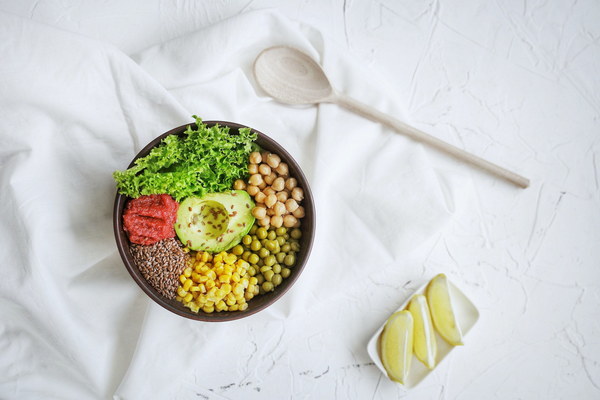
When combined, Qinggan, Yishen, and Yinhu create a powerful synergistic effect, addressing the root causes of liver imbalance and promoting overall health. Here's a simple herbal formula that incorporates these three herbs:
1. Qinggan (Scutellaria baicalensis): 10g
2. Yishen (Poria cocos): 15g
3. Yinhu (Rehmannia glutinosa): 15g
To prepare this herbal tea, combine the herbs with 500ml of water and bring to a boil. Reduce the heat and simmer for 20 minutes. Strain the mixture and drink it warm or at room temperature. It is recommended to drink this tea twice a day, before meals.
It's important to note that while traditional Chinese herbs can be highly beneficial for liver health, they should be used under the guidance of a qualified healthcare professional. This is especially true for individuals with pre-existing health conditions or those taking other medications.
In conclusion, the combination of Qinggan, Yishen, and Yinhu is a testament to the power of traditional Chinese medicine in addressing liver-related issues. These herbs work together to clear heat, dampness, and nourish the liver yin, promoting overall well-being and harmony within the body. By incorporating these natural remedies into your health regimen, you can take a significant step towards a healthier liver and a happier life.

